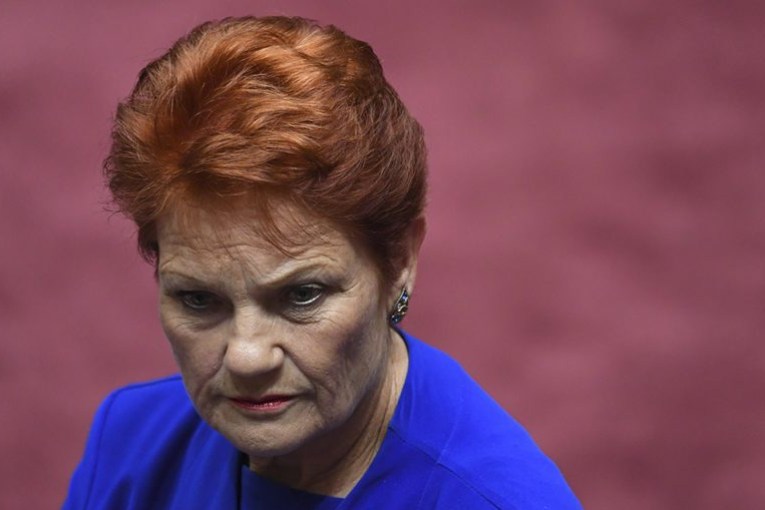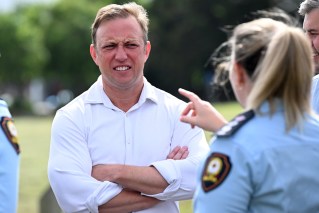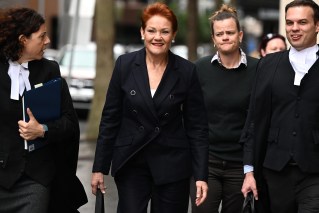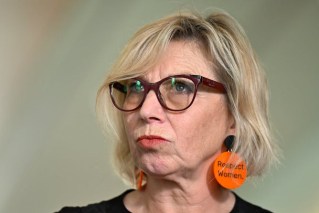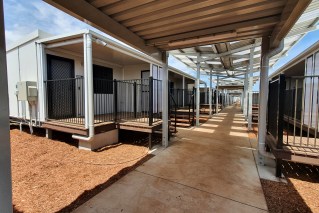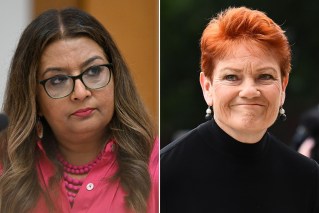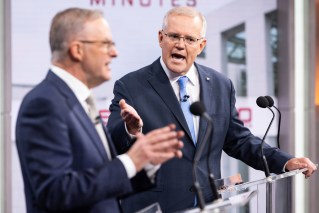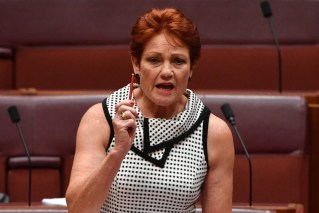How industrial deal kept Premier at arm’s length from pay rise
Premier Annastacia Palaszczuk would have decided whether MPs were in line for a pay rise this year, if not for a little-known enterprise bargaining agreement.
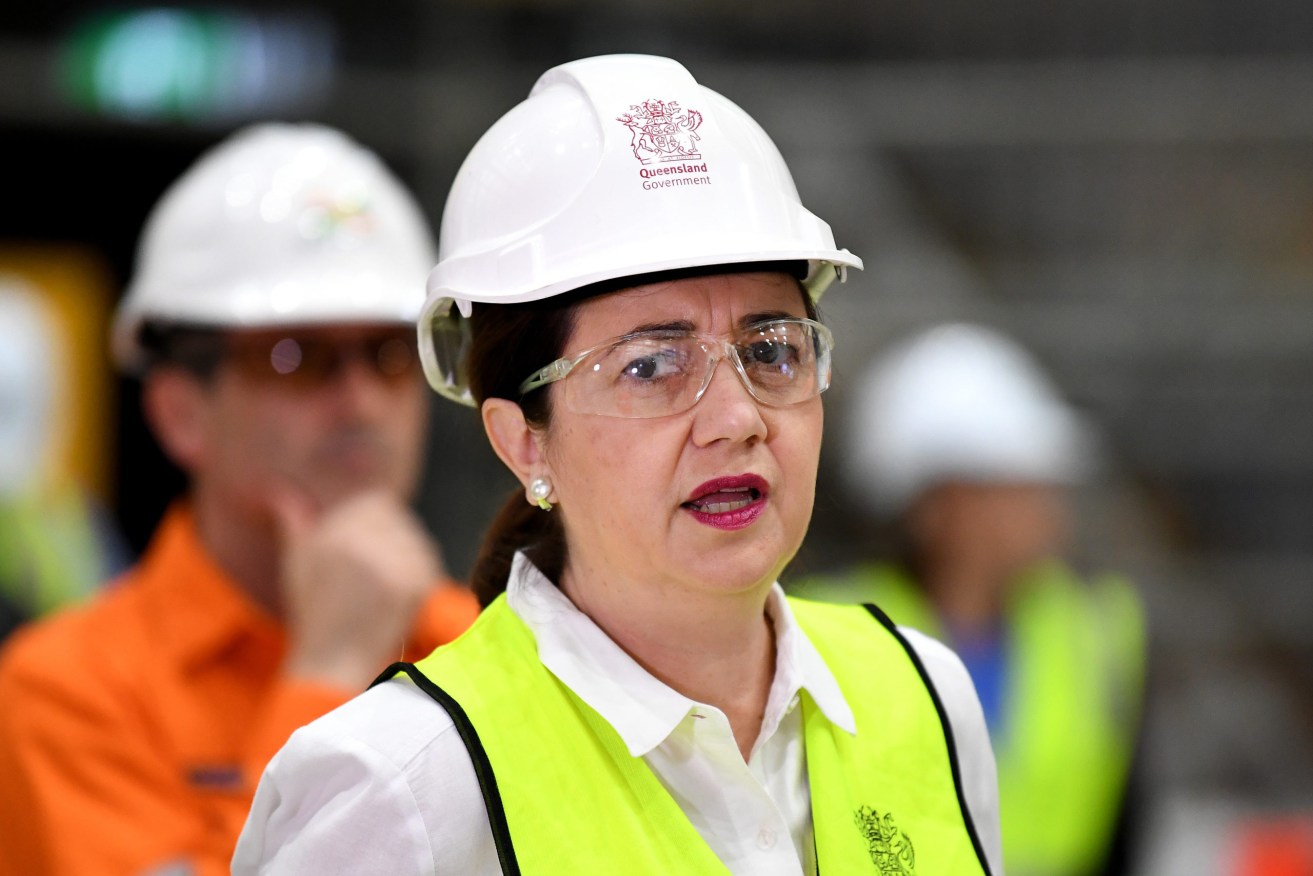
Premier Annastacia Palaszczuk was kept at arm's lengths from the new politicians' pay rise. (Photo: AAP Image/Dan Peled)
Last year, the independent Remuneration Tribunal agreed to freeze MPs’ salaries for up to four years, after lobbying from Palaszczuk and then opposition leader Deb Frecklington. The tribunal chair, Walter Tutt, publicly dissented, believing the move was unwarranted, but it brought politicians in line with public servants who had already been hit with a pay freeze.
Labor even went so far as to post on social media a picture of Palaszczuk with the words “Annastacia declares: No pay rises for MPs until 2023”.
With the tribunal compelled to follow enterprise bargaining cycles to make comparisons, the tribunal noted at the time that any attempt to revisit politicians’ pay in 2021 would require the Premier to change the law. The tribunal then resolved to write to the Premier, putting her in the politically-unenviable position of having to intervene to get herself and other politicians more money.
But on March 1 this year, the Queensland Industrial Relations Commission signed off on a long-argued agreement for more than 60,000 public servants, granting them as many as four successive increases of 2.5 per cent. Being no higher than Labor’s pre-pandemic wages policy, the decision barely rated a mention outside of union newsletters to members, and came as the pay freeze was already starting to thaw.
Yet that agreement effectively changed the cycles, not only allowing the tribunal to revisit politicians’ pay but requiring it to do so within 90 days. On Monday, the tribunal released a determination that politicians receive increases to their base and additional salary rates: 2 per cent on 1 September 2021, 2.25 per cent on 1 March 2022, and 2.5 per cent from 1 September 2022.
The tribunal even went so far as to suggest the agreement – which was being negotiated before the pandemic – was further evidence of how Queensland was emerging strongly from the pandemic.
Asked about the determination on Monday afternoon, the Premier literally sidestepped the first question, instead asking Treasurer Cameron Dick to respond.
Dick was quick to point out that the increases were lower than in the March agreement for public servants.
“It’s an independent tribunal and I’m very pleased that politicians are going to get a pay rise that is less than our hard-working public servants,” Dick said.
Palaszczuk wouldn’t comment on whether politicians deserved more money but reiterated the increase wouldn’t be higher than that given to public servants. She said Queensland already had a pay freeze and would not be drawn on whether she should again ask the tribunal not to increase politicians’ pay.
Today in Roma, the Premier bristled when asked the same questions.
“I don’t make these decisions, the independent Remuneration Tribunal does,” Palaszczuk said.
The government has yet to put a figure on the cost of the March agreement or the tribunal’s determination. Dick will hand down the state budget on June 15, and a spokesman today said the agreement had already been factored in.
